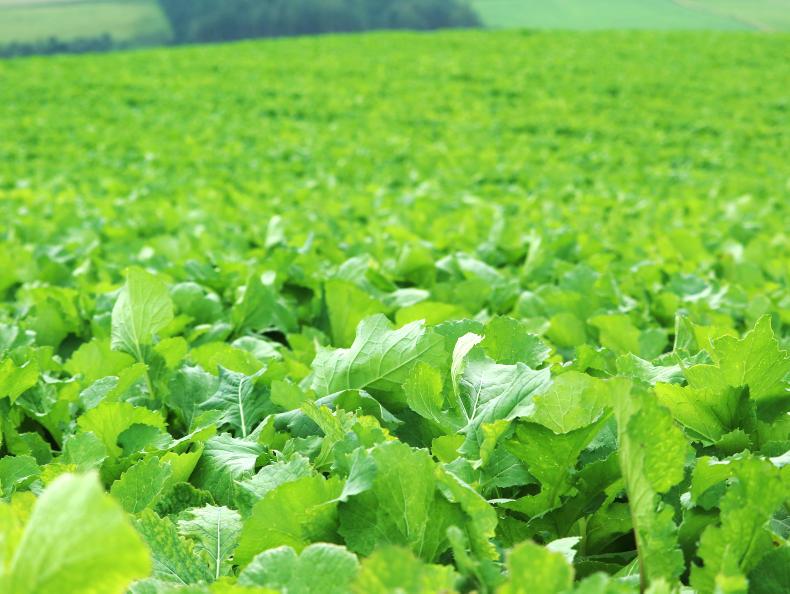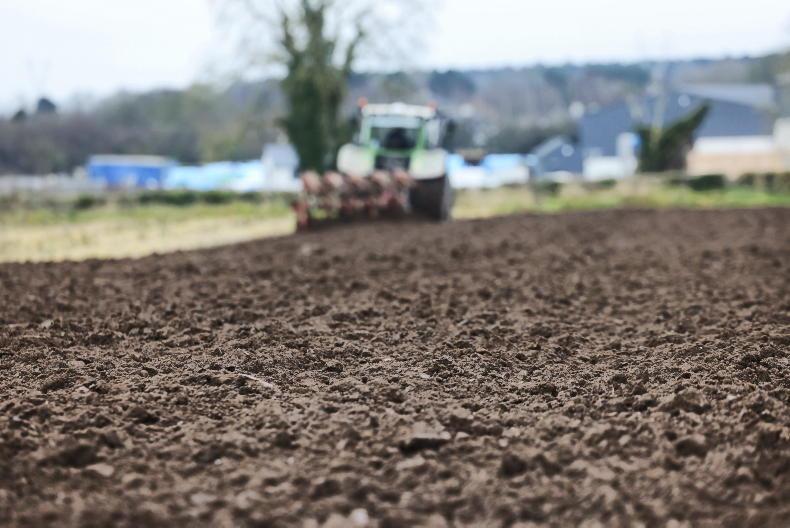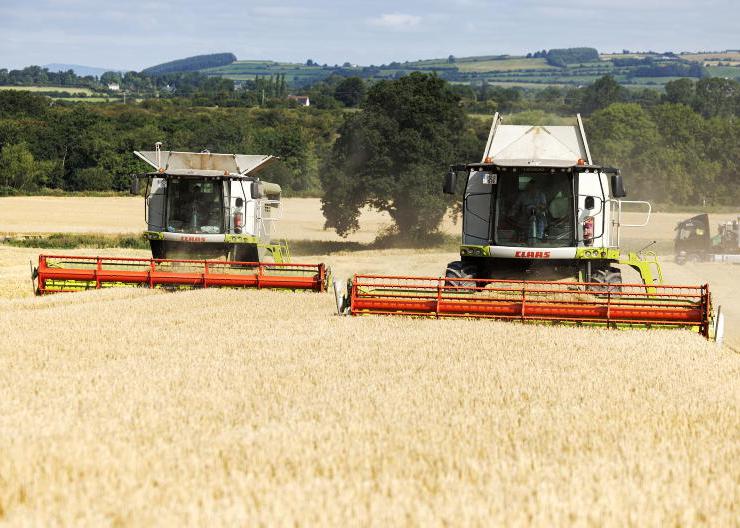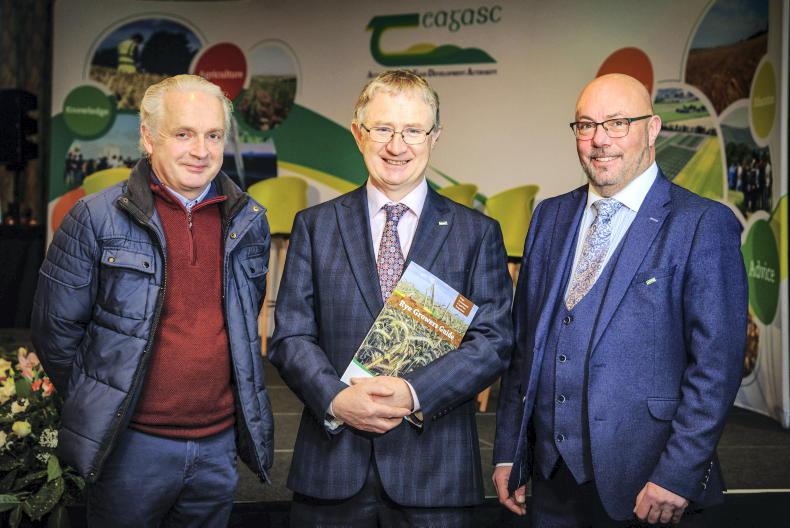The UK Government will ban the most commonly used slug control product, metaldehyde, for outdoor use in 18 months’ time.
The decision has been made in a bid to protect wildlife after advice from the UK Expert Committee on Pesticides (ECP) and the Health and Safety Executive (HSE).
Farmers will now need to use costlier ferric-based product to protect oilseed rape, cereals and potatoes from slugs.
NFU Scotland, which was disappointed by the ban, point out that metaldehyde has been re-authorised for use in most other EU member states as well as other non-EU countries, handing a competitive advantage to food producers exporting to GB.
NFU Scotland policy manager Andrew Midgley said: “The arsenal of plant protection products available to Scottish growers to produce clean, healthy, disease-free crops continues to narrow.
“Metaldehyde’s potential impact on wildlife and watercourses has been recognised by the industry and farmers are acutely aware of the need to minimise its impact on the environment.
“In autumn 2017, the Metaldehyde Stewardship Group enhanced its guidelines to improve protection of watercourses and minimise the risk to wildlife. Disappointingly, this ban has come before figures on reduced metaldehyde use and water quality can be analysed.
“Without metaldehyde protection, products to tackle slugs are narrowed down to ferric-based ones. The cost per kilo is broadly comparable between the two, but ferric-products require significantly higher application rates, almost doubling the cost per hectare of slug control.
Responsible use
Environment Secretary Michael Gove said: “I recognise that significant effort has been put into encouraging growers and gardeners to use this pesticide responsibly by the Metaldehyde Stewardship Group. However, the advice is clear that the risks to wildlife are simply too great – and we must all play our part in helping to protect the environment.”










SHARING OPTIONS